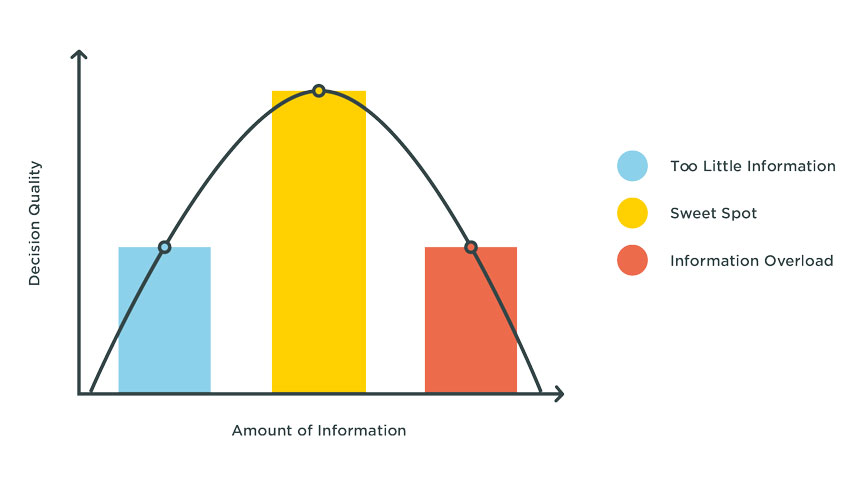Designing behavioural science-based patient support programmes

We all exhibit behaviours that are, at times, irrational, and this presents a major challenge for pharmaceutical companies that are developing patient support programmes.
For these to be successful it is crucial pharma understands why it is that patients do what they do, and that companies know how to leverage behaviours that can seem entirely irrational.
In its new whitepaper, Leveraging Predictably Irrational Patient Behaviour When Designing Patient Support Initiatives, digital patient engagement specialist S3 Connected Health examines how to deal with some of the most important patient behaviour questions.
Why are treatment recommendations so regularly ignored? Why are medications often not taken as they were prescribed, or sometimes not taken at all? These are all-too-common real-world patient behaviours – though certainly not rational ones – and they have a very definite impact on the health of the individual.
Noting that simply providing information to patients is very different from instigating behavioural change, S3 Connected Health’s latest whitepaper also addresses issues of information and choice overload. Ever-present in our digital age, the whitepaper looks at how to maximise the quality of decisions that patients – or healthcare professionals – take, by presenting just the right number of messages.

Among the behavioural change theories presented in the whitepaper is the core idea of ‘bounded rationality’. This suggests that at any given moment we generally have limited time, information and cognitive capacity to deal with any particular issue.
In other words, the hustle and bustle of everyday life pulls us in so many different directions that the only way to make decisions, without being overwhelmed, is by deploying shortcuts and ‘rules of thumb’.
Such heuristics, or mental shortcuts, allow us to solve complex problems using simplistic rules. In doing so they often lead to relatively good decisions, but they can also lead to systematically biased ones too.
This is hugely important in healthcare pharmaceutical companies who want to improve decision-making through dedicated patient support programmes.
As S3 Connected Health examines in its new whitepaper, although patient behaviour may be puzzling, pharmaceutical companies can tackle the ‘predictably irrational’ through the application of behavioural insights to design digitally-enabled patient support programmes that improve health outcomes, as well as increasing the reach and frequency of support.











